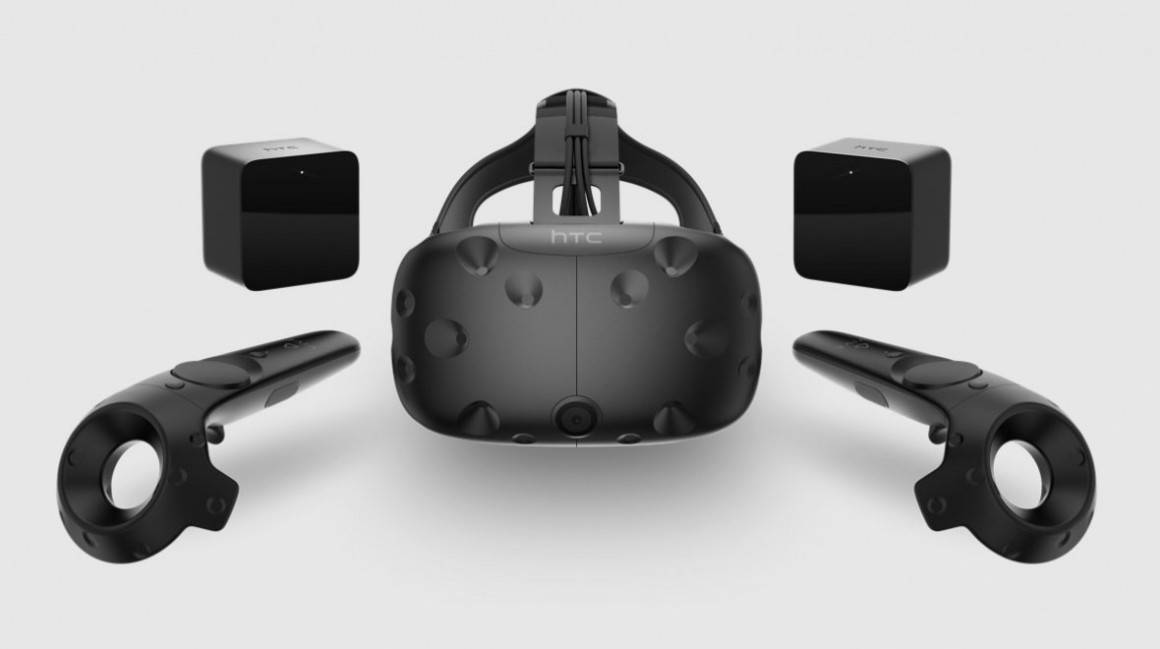Author: Oliver Wrede
-

HTC Vive is a tech breakthrough
We have some HTC Vive VR systems at the Department of Design at the Aachen University of Applied Science. This system is a game changer for consumer grade Virtual Reality applications. I have to admit that I am awed by the engineering feat that Alan Yates and Valve have pulled off with the HTC Vive. I was not…
-

John Searle: Consciousness in Artificial Intelligence
John Searle is the Slusser Professor of Philosophy at the University of California, Berkeley. His Talk at Google is focused on the philosophy of mind and the potential for consciousness in artificial intelligence. This Talk was hosted for Google’s Singularity Network.
-
New seminar in winter semester 2016/2017
Tomorrow the winter semester 2016/2017 starts. I will be an offering new seminar called »Forecast« that researches design for information systems that can be used to understand developments and future situations.
-
Documentary »Hello World! Processing«
Hello World! Processing from Ultra_Lab on Vimeo. Hello World! Processing is a documentary on creative coding that explores the role that ideas such as process, experimentation and algorithm play in this creative field featuring artists, designers and code enthusiasts. Based on a series of interviews to some of the leading figures of the Processing open…
-
MIT MediaLab research departments
The MIT MediaLab has an interesting structure in its research departments:
-
Watching the Republican Presidential Candidate Race
Watching the Republican Presidential Candidate Race. The GOP party is now witnessing the result of their constant “dumbing down” of the public about politics and political reasoning. It makes it much harder for candidates to create momentum with rational arguments about political issues. It opened a chance for a candidate that is unfit for a…
-
Kids should learn programming!
Blogger Nico Lumma recently published a rant on Handelsblatt about Germany (and probably other countries) are wasting time by not letting children learn to program in school. There have been initiatives like http://code.org/ to promote »coding« as a basic skill of the future: … or a recent German version »Jeder kann programmieren« … And maybe…
-
Fargo: Outliner for Bloggers!
Finally! Fargo is an online tool for writing in outlines to a WordPress blog. Very good. Outlining has been underestimated as a writing tool – but there was barely any way to edit content without a desktop software – like OmniOutliner – this way. I was using Userland Software (Frontier with Manila – later Radio)…
-
SwiftKey Flow
SwiftKey Flow is a way to use swiping for text input. It is supported by a selection of word predictions for quick completion:
-
Qeexo detects different touch methods on an Android phone
Qeexo wants to bring new dimensions of touch to interactive surfaces, and make better use of the natural richness of our hands! Fingers have many “modes” – they do not just poke, as contemporary touchscreen interaction would suggest, but also flick, rub, knock, grasp, and many other actions.
-
SIGraDI 2012
I will be giving a keynote presentation at SIGraDI 2012 conference in Fortaleza in the middle of November and I am looking forward to that. It has been quite a while I visited northern Brazil for a conference. I was presenting on the 1st Software Design Conference in Campina Grande, Paraiba, in 1996. The Internet…
-
Testing World Outliner
This is just a test with the WordPress editing tool of Dave Winers OPML Editor and Word Outliner software. I owe Dave Winer a lot. He invented Frontier (which apparantly is running at the core of the OPML Editor). It got me into Blogging in 1996. I experimented a lot with it at the time…
-
New seminars for winter semester
Two new seminars have been announced for the winter semester (details in German). These seminars are open to all students starting from 3rd semester. »Data Transformation« Lecturers: Prof. Dipl.-Des. Oliver Wrede A seminar for information design interactive media in the context of topics like »Data Journalism«, Generative Gestaltung, »Big Data«, Datenvisualisierung, »Information Mapping«, Informationsgrafik, Data…
-
OK. Reset!
Well, as this blog obviously shows: I simply did not have the time to blog in the past (the Twitter account is more active). The past years have been of that sort. There is too much going on and I started to contemplate for a moment if I should revoke the old blogging habit from…
-
The ROI of User Experience
In this animated video Dr. Susan Weinschenk demonstrates how user centered design results in significant return on investment (ROI). (PDF-Download)
-
Hot Topics in Information Design
I have accepted to work for the Information Design Journal as Special Interest Editor. I want to think in the open about this: What is a “hot topic” anyway? In my view there are four criteria for any topic to be “hot”: the news value actuality amount of discussion in the community touching “high-level aspects”…